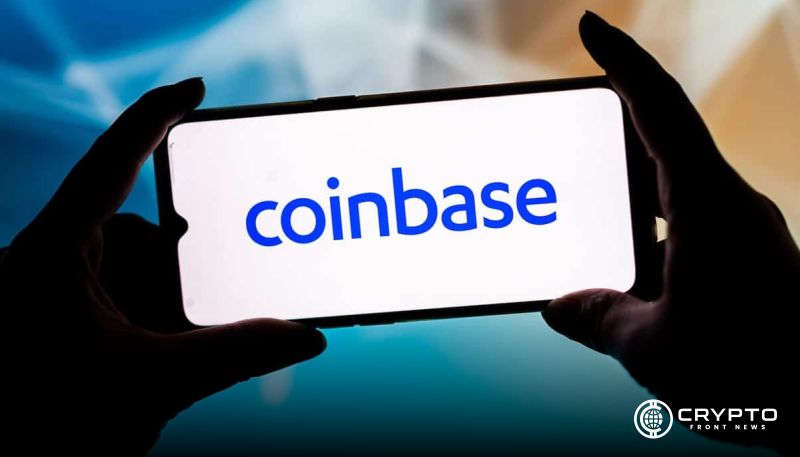- FDIC issued letters urging banks to pause crypto-related activities, citing risks and pending regulatory guidelines.
- Coinbase and Ripple’s executives claim these actions aim to suppress crypto involvement and deter banks from supporting digital assets.
- Allegations of “Operation Chokepoint 2.0” emerge as FDIC’s efforts echo past indirect pressure on targeted industries.
Coinbase has revealed fresh details highlighting the Federal Deposit Insurance Corporation’s (FDIC) moves to limit banks’ participation in cryptocurrency activities. The disclosures have reignited criticism against the US regulator, with industry leaders alleging that these actions reflect a modern iteration of “Operation Chokepoint.”
Coinbase’s Chief Legal Officer, Paul Grewal, unveiled the revelations on January 3, emphasizing a series of FDIC letters sent to banks between 2022 and 2023. These directives urged banks to pause crypto-related offerings, from Bitcoin transactions to advanced crypto services, citing risks and pending regulatory clarity.
FDIC Warns Against Third-Party Bitcoin Transactions
Documents shared by Coinbase show the FDIC explicitly targeting third-party partnerships enabling Bitcoin transactions. The regulator advised banks to halt such activities until they receive further guidance. One letter highlighted that banks should avoid offering crypto asset activities due to unresolved questions about necessary regulatory filings.
While speaking to Ripple’s Chief Legal Officer, Stuart Alderoty said that writing directly to bank boards isn’t something that is done very often. He claimed that it seeks to reduce the number of financial institutions interested in engaging in crypto business through a chilling effect on the financial industry.
Some Notable Facts About Legal Treatments For Industry Hitting On Regulatory Overkill
Former Coinbase CEO Brian Armstrong was not happy with the steps taken by the FDIC, which he said violated the US Constitution. Armstrong emphasized that regulatory agencies should enforce existing laws rather than attempt to bypass Congress by introducing new rules. He expressed optimism about judicial intervention to address what he described as regulatory overreach.
“Regulators should focus on enforcing the law, not creating their own,” Armstrong asserted. “The Constitution grants Congress the authority to legislate, making these actions both unconstitutional and illegal.”
Operation Chokepoint Comparisons Resurface
The FDIC’s recent actions have drawn parallels to “Operation Chokepoint,” a controversial initiative that applied indirect pressure on financial institutions to cut ties with specific industries. Critics argue that similar tactics are being deployed to isolate the cryptocurrency sector, raising concerns about free-market principles.
Attorney John Deaton has volunteered to lead a federal investigation, calling the FDIC’s directives a direct challenge to these principles. Industry surveys further reveal that crypto-focused firms face disproportionate banking challenges compared to other sectors, such as real estate and private credit.






